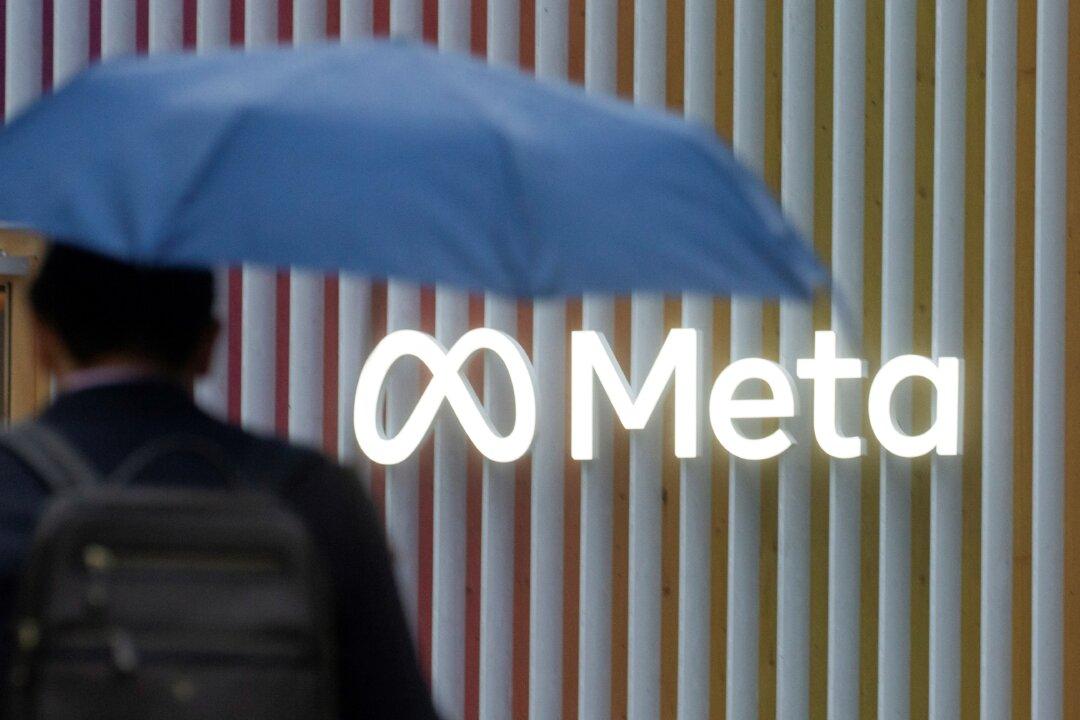A Georgia attorney has won a lawsuit against Facebook after the big tech giant shut down his account and banned him off the platform, alleging that he had violated its standards on child sexual exploitation.
Jason Crawford in Hamilton, Georgia, told Fox 5 Atlanta that he had logged on to Facebook in August 2022 only to find that he was banned, seeing the brief message on the violation of standards before it disappeared.





